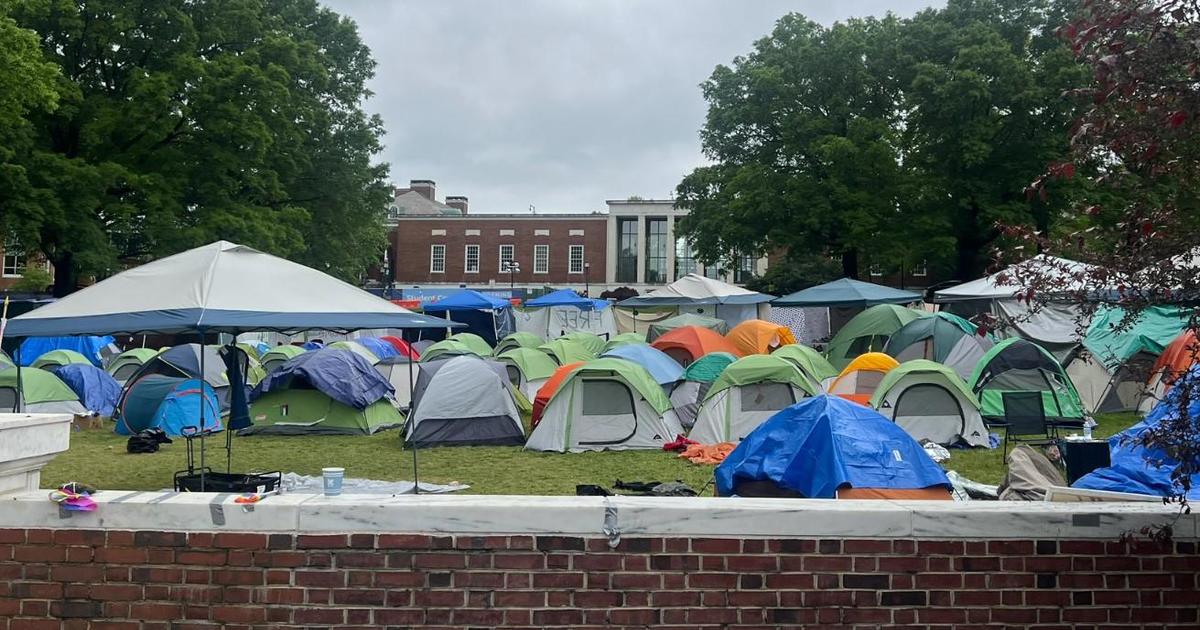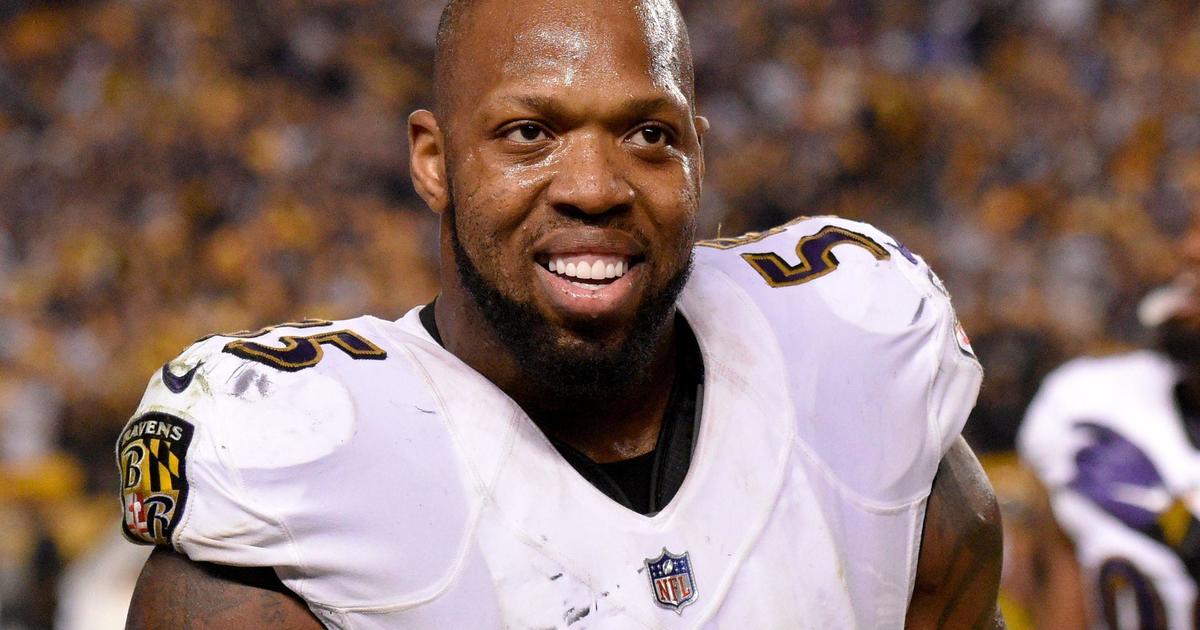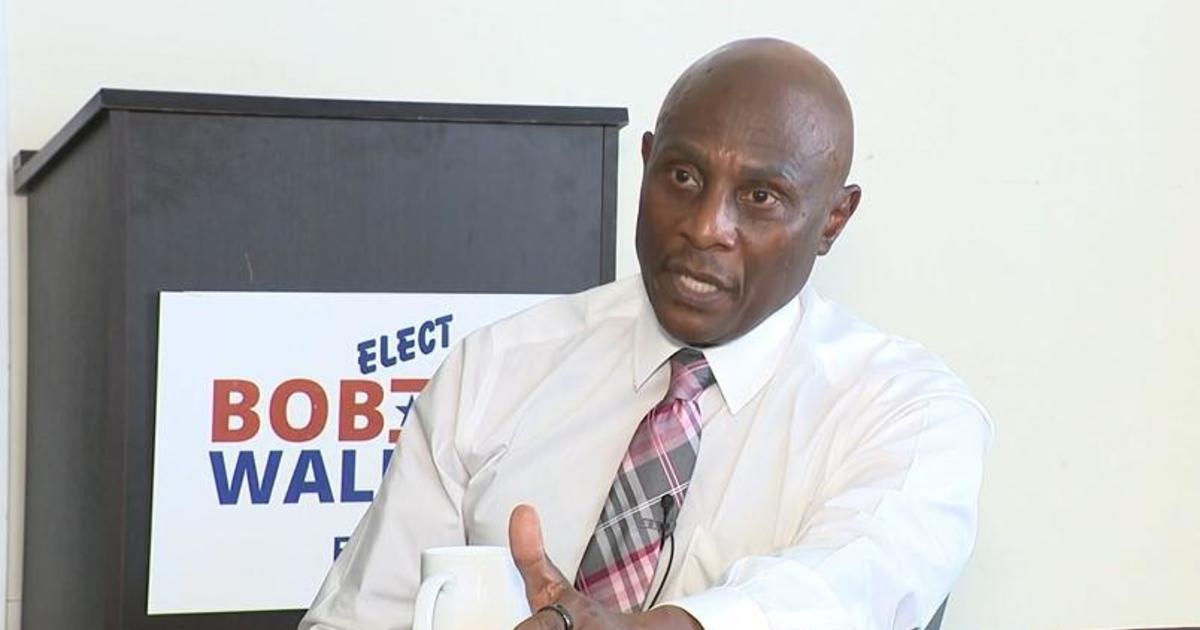Baltimore Schools Monitor Student Laptops For Suicide Signs
BALTIMORE (AP) — Baltimore public schools are using software that alerts officials when a student using one of the system's laptops might be considering suicide.
Since March, GoGuardian's Beacon software has identified nine students as having a severe mental health crisis. All were taken to an emergency room, Stacey Davis, the city schools coordinator of media and instructional technology, told The Baltimore Sun.
But the practice, which came about as the system loaned out laptops for students' home use during the pandemic, is raising questions about privacy and equity. Two recent reports warn that such technology could be used for disciplinary purposes, unintentionally out LGBTQ students or squash student expression. They also note that economically disadvantaged students may be tracked more frequently since school-owned laptops may be their only devices.
"Privacy and equity was not being considered as much as it needs to be," said Elizabeth Laird, director of equity in civic technology at the Center for Democracy and Technology in Washington and co-author of one of the reports. "Student activity monitoring is quite widespread."
When there's an alert on weekends and at night, when school psychologists or social workers aren't available, a school police dispatcher tries to call the family. If there's no answer, an officer goes to the home to talk to the family, Davis said.
Officers show parents a copy of the alert and what their child typed, then ask to see the student, school police Chief Akil Hamm said. Only once have officers taken a student to the emergency room, and it was at the parents' request, Hamm said.
Baltimore schools have gotten 786 alerts from Beacon since March. Of those, clinicians responded 401 times and school police went to homes 12 times. In addition to the nine students referred to an emergency room, 12 students were referred to a crisis response center.
Having school police arrive at a family's home could look unsupportive and punitive, said Larry Simmons, president of the system's Parent Community Advisory Board.
"School police are not social workers," he said.
The monitoring doesn't concern Baltimore City Council of PTAs President Deborah Demery.
"As far as being concerned personally, I feel much better they are monitoring and they are able to get those kids the help. It is a safeguard and it is working," Demery said.
Society has to balance the risks of invading privacy and the loss of privacy for the common good, said Sharon A. Hoover, co-director of the National Center for School Mental Health at the University of Maryland.
Hoover, who is also a professor of child and adolescent psychiatry, said she believes there are good intentions behind the technology "and at the same time, they are raising questions and concerns around privacy."
"Do I think there is some positive potential in protecting students from suicide? Yes, I do," she said.
(© Copyright 2021 The Associated Press. All Rights Reserved. This material may not be published, broadcast, rewritten or redistributed.)



